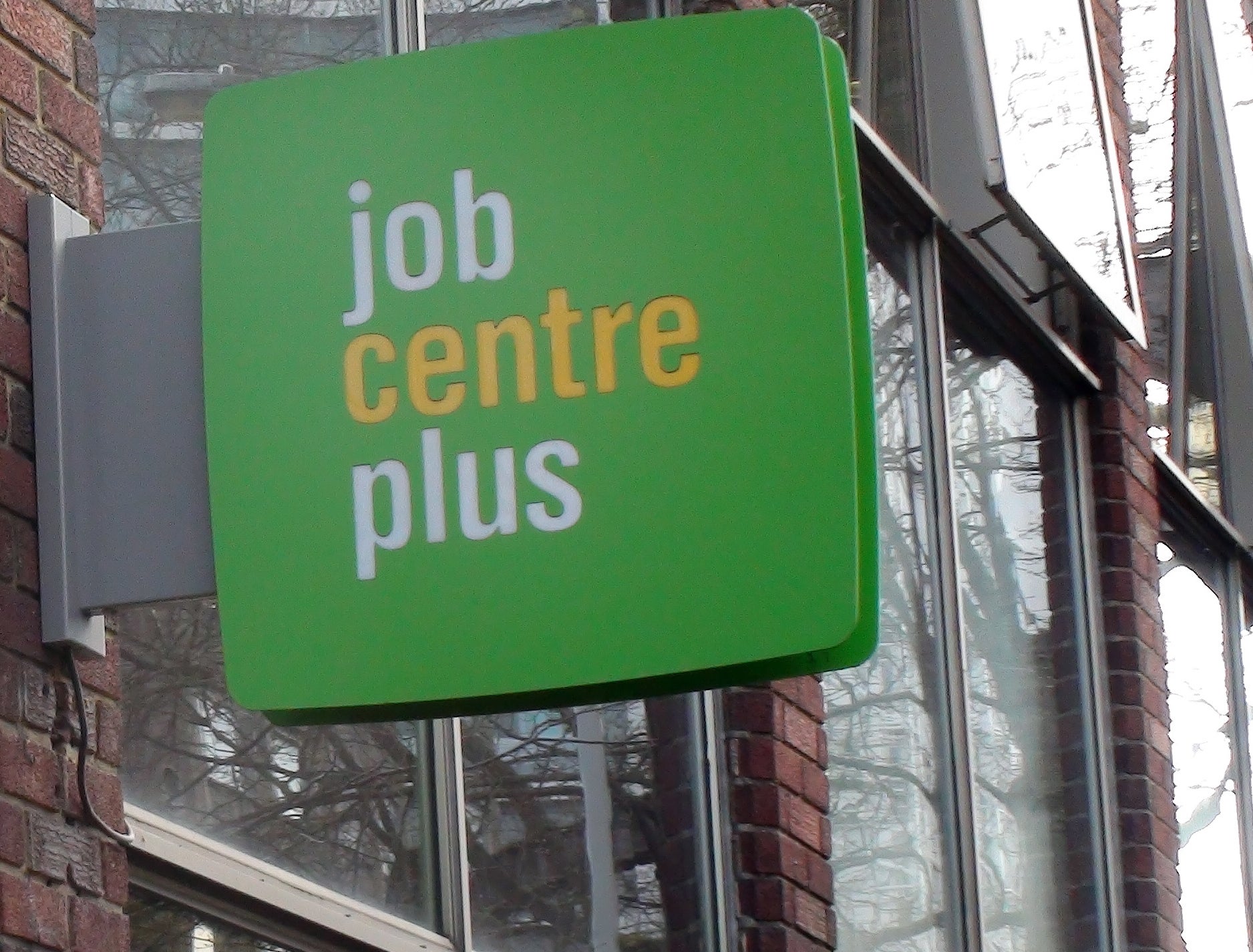DWP strikes and how they will affect Universal Credit payments explained
Some 200 members of Public and Commercial Services Union walking out in row over pay and conditions
Your support helps us to tell the story
From reproductive rights to climate change to Big Tech, The Independent is on the ground when the story is developing. Whether it's investigating the financials of Elon Musk's pro-Trump PAC or producing our latest documentary, 'The A Word', which shines a light on the American women fighting for reproductive rights, we know how important it is to parse out the facts from the messaging.
At such a critical moment in US history, we need reporters on the ground. Your donation allows us to keep sending journalists to speak to both sides of the story.
The Independent is trusted by Americans across the entire political spectrum. And unlike many other quality news outlets, we choose not to lock Americans out of our reporting and analysis with paywalls. We believe quality journalism should be available to everyone, paid for by those who can afford it.
Your support makes all the difference.Staff at Department for Work and Pensions offices are striking in a row over pay and conditions.
Civil servants at four branches in the northwest join a raft of other public sector workers by walking out over the Christmas period after rejecting an offer on pay.
Around 200 members of the Public and Commercial Services (PCS) union working in three DWP offices in Liverpool and one in Doncaster are taking industrial action.
The first strikes took place on 19 December and the PCS has warned of more walkouts up until 31 December. They will take place at Doncaster Benefits Centre, Toxteth Jobcentre, Liverpool Duke Street Jobcentre and Liverpool City jobcentre.
The union chose to strike as part of its national campaign for a 10 per cent pay rise. It is also seeking assurances on job security and redundancy terms.
The PCS previously served notice of a month of strike action across 250 sites of the Driver and Vehicle Standards Agency and the Rural Payments Agency and 12 days of rolling strike action at the National Highways over Christmas and the New Year.
Ahead of the strike action, Mark Serwotka, PCS general secretary, said the union’s members have been plunged into “ever-increasing depths of poverty.”
“They shouldn’t have to rely on food banks to feed their children or be forced to make the choice of either working from home because the journey into work is too expensive or working in the cold under blankets because the cost of heating is too expensive,” he added.
How will the strikes affect services?
In a statement published when announcing the industrial action, the PCS said the initial walkouts would be “targeted at areas that will have a significant impact on employers’ operations and the government.”
Mr Serwotka said the first strikes caused disruption to farmers awaiting payments and learner drivers waiting to pass their tests and those using the roads.

The PCS said Doncaster Benefits Centre and Toxteth jobcentre have been chosen for the first tranche of DWP action because they are earmarked for closure.
Benefits payments - including Universal Credit, PIP and ESA are not expected to be affected by the walkouts because they are “paid automatically”, the DWP said.
Other benefits including the state pension and child maintenance payment will also not be affected.
The union, however, said it expects to disrupt benefit "conditionality" interviews which would usually lead to sanctions.
A DWP spokesperson said: “We greatly value the work of our staff but the PCS union’s demands would cost the country an unaffordable £2.4 billion when the focus must be on bringing down inflation to ease the burden on households, protect the vulnerable and rebuild our economy.
“Benefits, the state pension and child maintenance payments are paid automatically and people who rely on that support will continue to receive it.”




Join our commenting forum
Join thought-provoking conversations, follow other Independent readers and see their replies
Comments